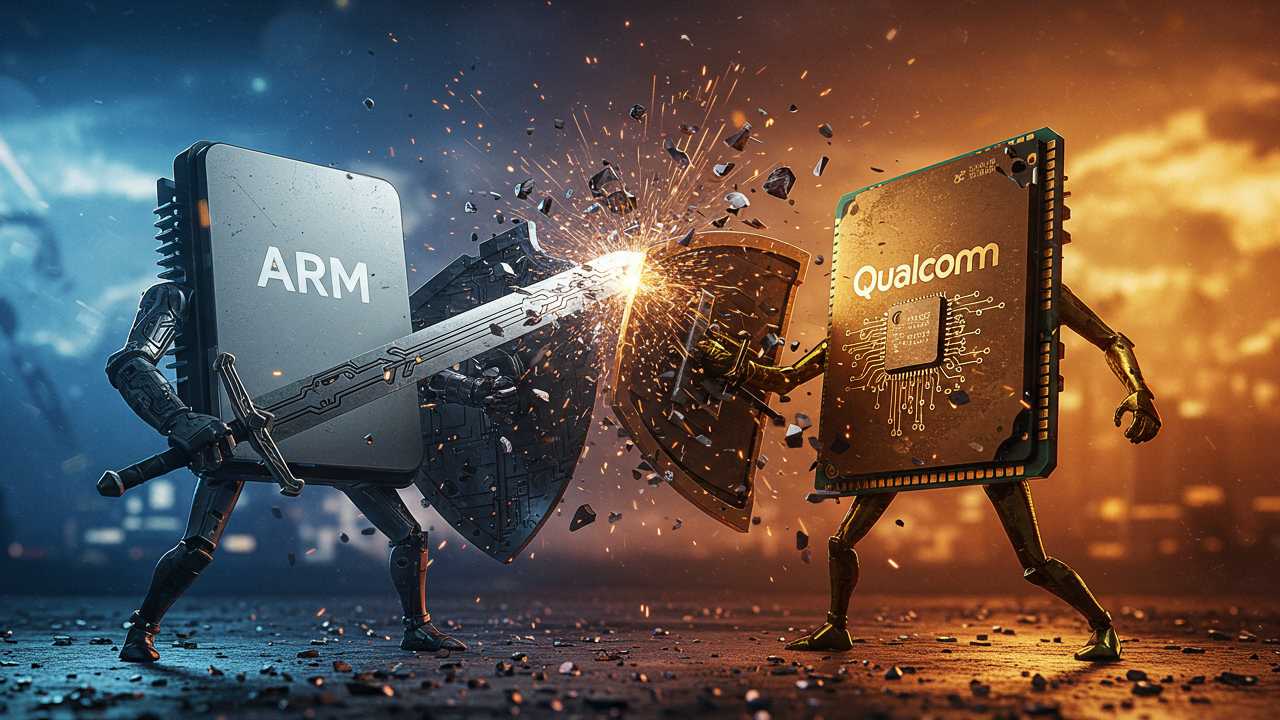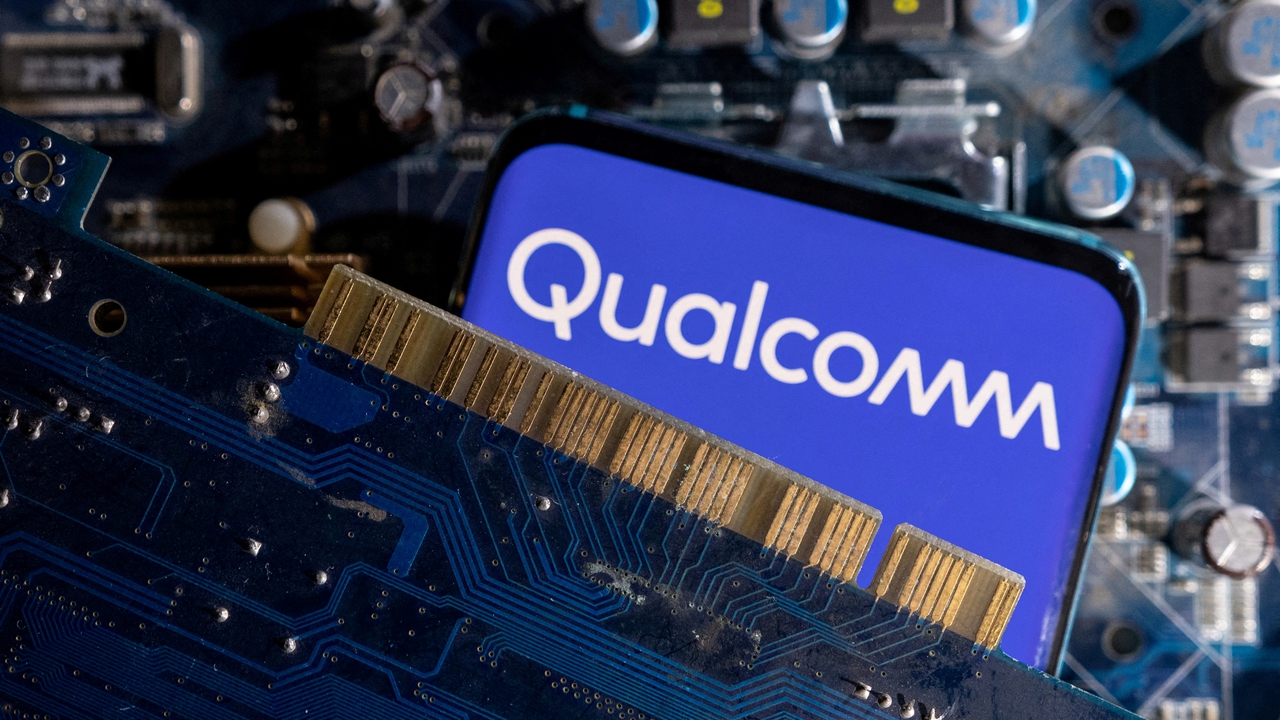American semiconductor giant Qualcomm has won a decisive victory in a lawsuit filed by its rival Arm targeting its licensing agreements. The US District Court for the District of Delaware has definitively ruled that Qualcomm and its subsidiary Nuvia did not breach their licensing agreements with Arm and dismissed all of Arm’s claims.
Qualcomm prevails in Arm case
Arm alleged that Nuvia breached its architectural license agreement (ALA). The court stated that Qualcomm and Nuvia complied with the agreement. This ruling also upheld the previous jury trial rulings in December 2024, which found that Qualcomm did not breach Nuvia’s ALA. The court also denied Arm’s request for a new trial.

Qualcomm General Counsel and Corporate Secretary Ann Chaplin commented on the development, saying, “With today’s decision, Qualcomm and its subsidiary Nuvia have achieved a decisive victory.” Chaplin also expressed hope that Arm would adopt a fair and competitive approach in its relationships with its own ecosystem.
The basis of this dispute is Nuvia, founded by engineers who left Apple. Nuvia designed custom Arm-based processor cores aimed at high-performance processors.
Qualcomm acquired Nuvia in 2021, gaining access to this technology and beginning to produce its own chips. Following this acquisition, Arm argued that Nuvia’s licensing terms could not be transferred to Qualcomm and that a new licensing agreement was necessary. Nuvia’s designs and technologies have now been incorporated into Qualcomm’s processors.
Meanwhile, Arm announced that it would immediately appeal the decision. In a statement, Arm stated that the company is confident in its position in the ongoing dispute with Qualcomm and will immediately appeal to overturn the court’s decision.
In addition to this lawsuit, Qualcomm is currently filing a separate lawsuit against Arm. The lawsuit alleges Arm’s breach of contract, interference with customer relations, and attempts to position its own products at an advantage over its long-term partners. The case is expected to go to trial in March 2026.













